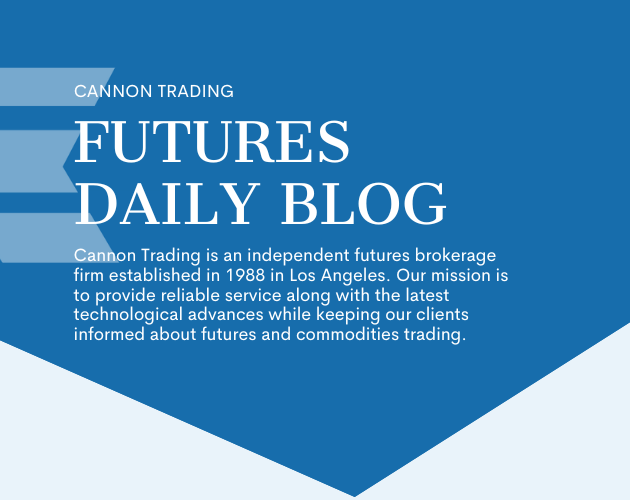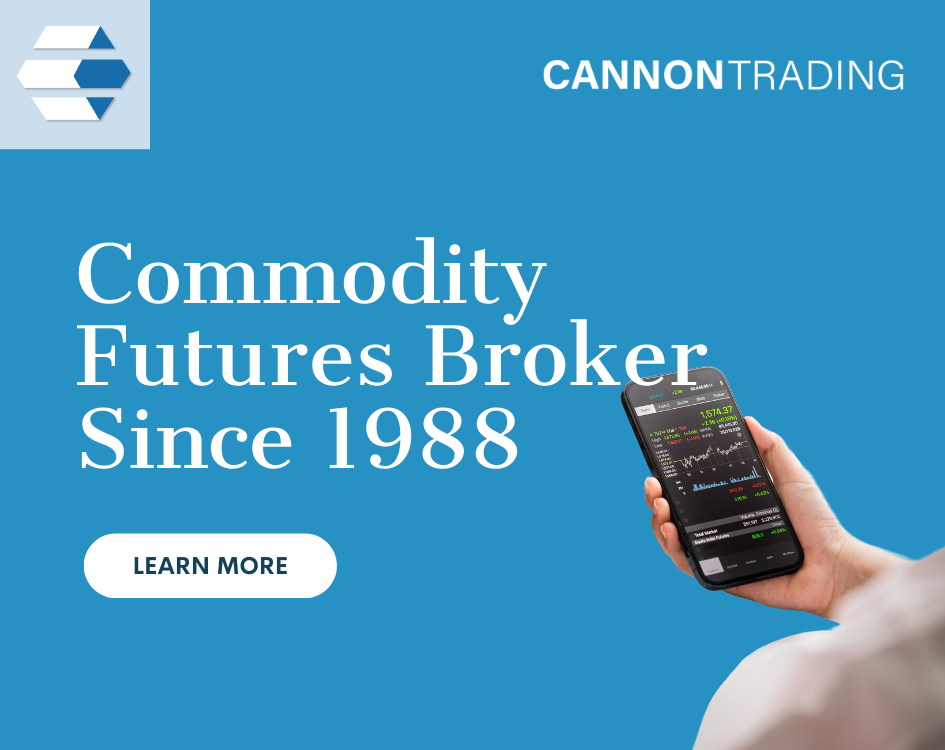A Fresh Quarter! Independence Day, BBB, Non-Farm Payrolls a day early.

Day one of Quarter number 3 in the U.S. is behind us. What trends continue and which ones appear to be reversing? Below is a list of contracts whose trends continued for at least the past 2 weeks.
Markets heading Lower, still! Corn, Hogs, Feeder and Live Cattle, Natural Gas, U.S. Dollar, Sugar, Coffee, Soymeal.
Markets going Sideways, still! Crude Oil, Heating Oil, Unleaded Gasoline, Gold, Silver, Canadian Dollar.
Markets going Higher, still! S&P, Dow 30, Nasdaq 100, U.S 30yr Bonds, 10yr Notes, Palladium, Platinum, Copper, Euro, Assie $, B. Pound, S. Franc
Markets Reversing, Rough Rice lower, Oats higher.
This week we have abbreviated trading sessions on both Thursday and Friday. Subdued Volatility, for the moment, conflicts and trade deals have relaxed for the near term.
Although Friday is the 4th of July holiday you may be as surprised as we were when we saw the trading schedule for this upcoming week. In addition to market hour changes we also have the All-important Non-Farm Payrolls report, ordinarily released on the first Friday of the month, the release will occur on Thursday this month @ 7:30 am CDT. If you are an index trader, the markets will have abbreviated hours on Both Thursday and Friday.
Regular hours on Thursday for all other futures contracts with many of the AG’s closed until Monday morning; Metals, Energies, Interest Rates, Currencies and indices will have early closings on the 4th itself.
Tomorrow:
Econ Data: ADP Employment Change, EIA Crude oil stocks, New Home Sales
FED Quiet the rest of the week
Earnings: Unifirst Corporation
Tariff news: Anything goes! |

















